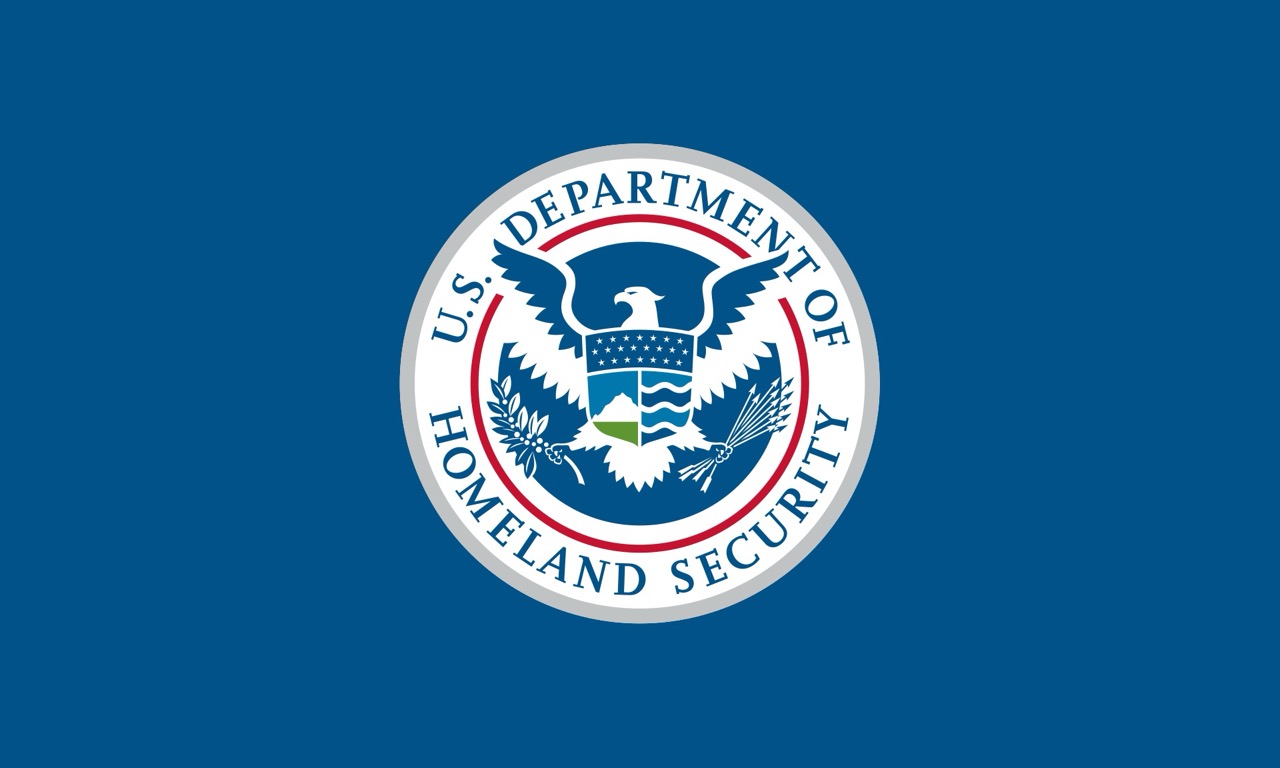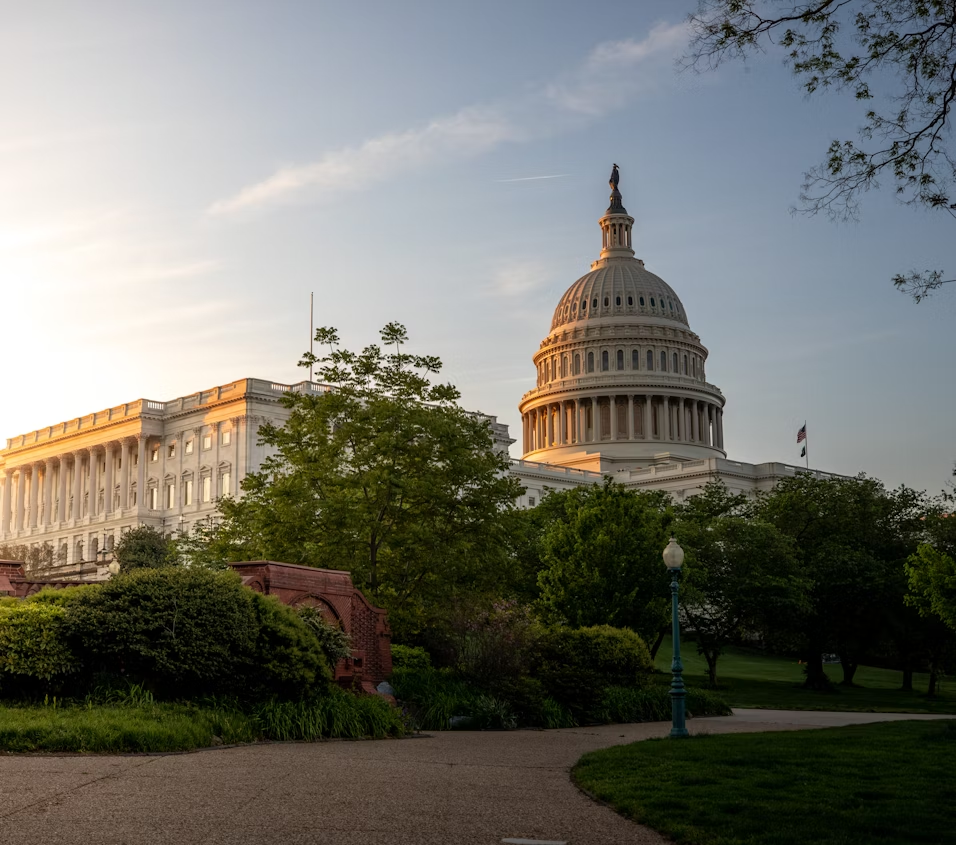Workers Available in NCA countries despite H-2B visa cap allotment

In FY2021, DHS began it’s first release of visas specifically allocated to Northern Triangle countries (now known as NCA) which included Haiti, Guatemala, Honduras, and El Salvador.
This allocation for NCA countries was in response to the Biden-Harris blueprint for a fair, orderly, and humane immigration system for these countries. In an effort to address the dire humanitarian situation in Central America and strengthen regional collaborative migration management, the US provided assistance to meet immediate and urgent humanitarian needs in the Northern Triangle countries by way of:
- Expanding access to international protections in the way of providing safety to individuals by building and improving asylum systems, refugee resettlement, and scaled up protection for at-risk groups.
- Establishing migration resource centers by way of providing referrals to services for people seeking lawful pathways for migration and protection.
- Expanding access to temporary work visas in the region by way of 6000 additional H-2B visas outside of the regulatory cap.
- Reducing immigrant visa backlogs.
- Other additional efforts to help bolster the Northern Triangle’s economy and resources to ensure a safe, stable, and dignified life within their own countries.
Since 2021, the need for H-2B visas has exploded and opportunity for workers from these countries along with it. From the 6,000 initially granted in its pilot year in 2021, we have seen that visa allocation increase to 18,000 for FY2022, and 20,000 for both FY2023 and FY2024 while additionally adding the countries of Ecuador, Costa Rica, and Columbia to the NCA allocation.
These allotments have not been reached in the history of these additional visa allocations, making it a prime strategy when filing in the H-2B program which has traditionally been a race to receive visas with a perfect application or a battle against the H-2B visa lottery. Often a combination of both.
Finally, DHS and its respective agencies and decision makers have heard the pleas of employers that have been victim to the traditional visa cap and have begun to allow new allocations of visas that goes beyond the 66,000 allotted during the fiscal year. We’ve previously had returning worker exemptions and (more recently since losing that exemption) additional visas granted specifically to returning workers who’ve held H-2B visas within the past three years but at a capped amount which was met just as quickly as it was announced. Leaving a huge percentage of employers out of luck for bringing in their workforce for the year.
With the additional 20,000 specifically for FY2024, we are presented with opportunities to finally exercise an alternative solution to this cap crisis outside of cap relief, cap exempt returning workers, and in-country transfers. Bringing in workers from NCA countries, regardless of lottery placement or dates requested, gives employers the opportunity to bring in a workforce brand new to the H-2B program that are young and eager to work in the U.S the right way.
We at Labor Consultants International work closely with the ministries in both Guatemala and El Salvador and have resources to find candidates in Honduras as well. The more doors that employers keep open for themselves to secure a consistent workforce, the more success they will find themselves in the H-2B program.





